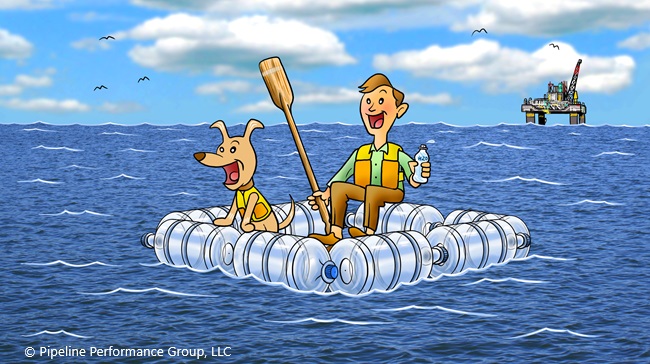Water is one of the most essential nutrients, yet its importance is frequently underestimated. While carbohydrates, proteins, fats, vitamins, and minerals all play crucial roles in sustaining life, none are as crucial as water in terms of necessity and the quantity our bodies require daily. It is not just a beverage; it is our most important nutrient.
The human body is remarkable. Our muscles are approximately 75% water, our brains about 85%, and even our bones are composed of roughly 25% water. Water is a universal and vital building block for life.
Water is essential for lubricating joints and cushioning and protecting the brain and spinal cord from damage.[1] Adequate water intake is crucial for the digestion process, as it helps break down food. Water also transports nutrients, oxygen, hormones, and immune cells throughout the body, delivering them to every tissue and organ. Additionally, it efficiently removes waste products, such as toxins and other substances that can accumulate and cause harm to the body.[2] This circulatory function is key for maintaining health at a cellular level, and for overall physiological balance.
Water plays a critical role in regulating body temperature. When we sweat, water travels from bodily tissues to the skin, evaporates from the skin’s surface and disperses excess heat. As we lose water through perspiration, it’s important to replenish it by drinking.
It is important to understand that not all liquids are created equally for hydration. While they can be tempting, energy drinks, coffee, and tea, do not contribute significantly to our daily water needs. In fact, many of these beverages contain diuretics that can lead to increased urination, potentially leaving you more dehydrated than before. While energy drinks and those with added electrolytes may provide a temporary boost, many contain sugar, sugar substitutes, chemicals, and caffeine. Some of these drinks may provide immediate hydration, but they can also contribute to anxiety, headaches, hypertension, mood changes, insulin resistance, and cardiovascular issues.[3]
The recommended daily intake of water varies based on factors such as activity level, climate, and individual health conditions. Generally, it is more beneficial to drink water consistently throughout the day, rather than in large, infrequent gulps. A good guideline is to drink an amount of water, in ounces, equal to half your body weight.
Water is not just a thirst quencher. Water has a profound impact on every physiological process, from cellular function to organ performance. Prioritizing pure water intake over other beverages is a simple yet incredibly powerful step towards optimal health and wellbeing. So, cheers! Reach for that glass of water, your body will thank you.
MANAGING FATIGUE EDUCATIONAL PROGRAM
Christina Via © 2025 Please Distribute to Others.
[1] The Water in You: Water and the Human Body, Water Science School, https://www.usgs.gov/special-topics/water-science-school/science/water-you-water-and-human-body#:~:text=It%20assists%20in%20flushing%20waste,lubricates%20joints, May 22, 2019.
[2] Water, Hydration and Health, National Institutes of Health National Library of Medicine, https://pmc.ncbi.nlm.nih.gov/articles/PMC2908954/, accessed June 11, 2025.
[3] Can you hydrate with energy drinks? Columbia University Irving Medical Center, https://www.cuimc.columbia.edu/news/can-you-hydrate-energy-drinks, July 11, 2023.




